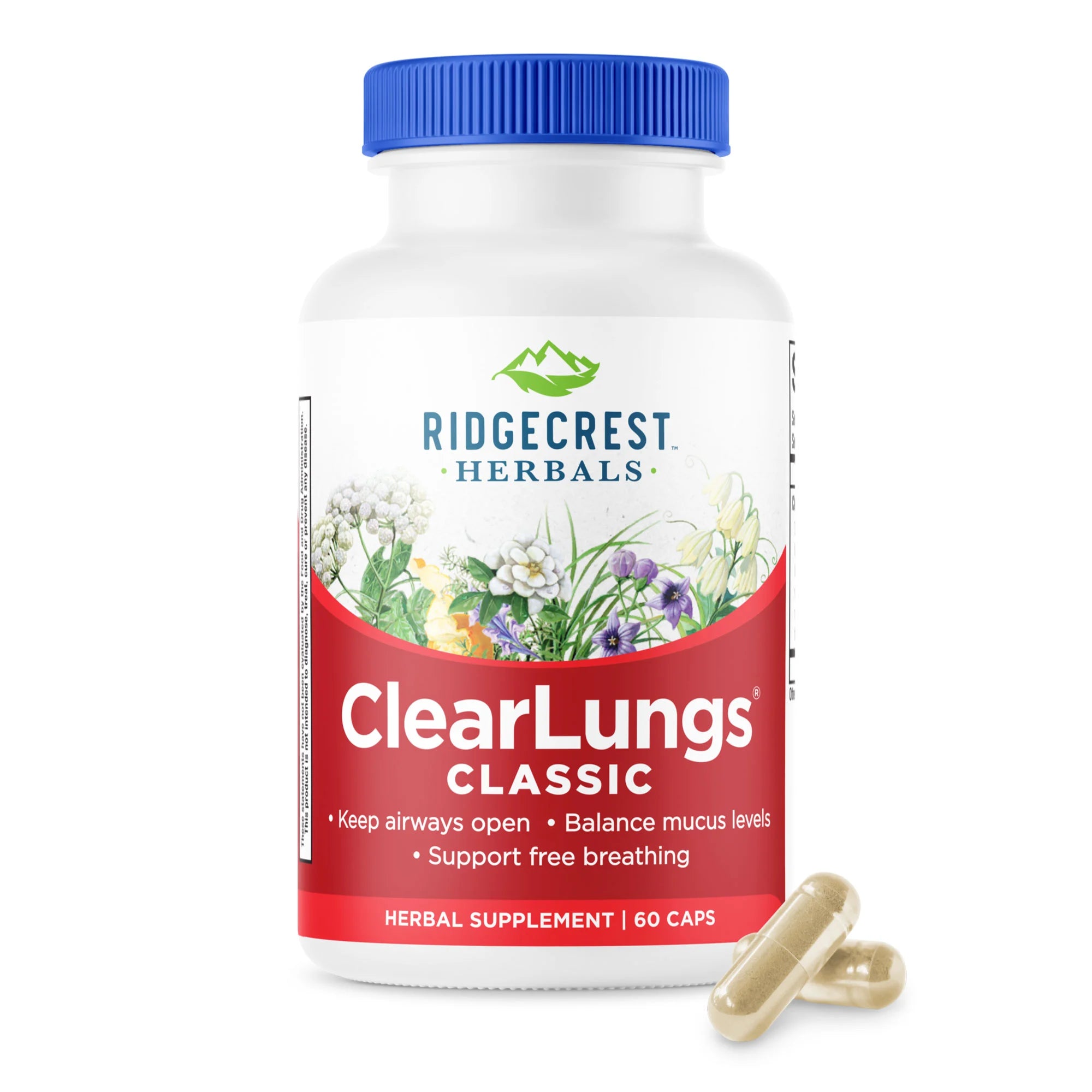We have many customers who are big fans of our products and want to tell everyone they know — and even people they don’t — how great these products are. Unfortunately, the glowing reviews they write about us often can’t be published. So while we are thrilled with what they say about us, and will often pass their thoughts around the office to warm our hearts, we often can’t use them on our website, or share them with others.
Why? Well, the answer is complicated, but under US law, supplements can’t “diagnose, treat, cure or prevent any disease.” And while you have the right of free speech to say anything you want about the products you use, and what they do for you, manufacturers are much more limited in what they can say. If a manufacturer uses, approves, or publishes your testimonial, FDA takes the position that they have approved your words. This forces manufacturers into the position of having to censor their own users–a burden that is not placed on public forums like Facebook, Twitter, TikTok, Amazon reviews, or other environments.
You may ask why the FDA takes this position. The FDA gets about 40% of its funding from drug industry “user fees”, and like all bureaucracies, they know where their bread is buttered, and they are fiercely defensive of the drug monopoly they create and administer. For example, they take the position that any substance that is, or ever has been, the subject of a drug application — such as cannabinidiol (CBD) or n-acetyl cysteine (NAC) — cannot also be a supplement, even if the markets and uses are completely different. (They have threatened both of these popular supplements in recent years.) Bottom line: if they can “defend” their drug industry Goliath from our supplement industry David, or prevent an ounce of prevention from being worth a pound of cure, then as regulators, they will.
Manufacturers have to censor reviews that appear on their own site, but if you write your review in a health forum where the manufacturer has no control or influence, you can say whatever you want. Some product-review websites, like Yotpo.com, take product reviews from customers but don’t allow manufacturers to edit reviews or submit paid reviews.
But if you want your review to be most useful to others, here are a few tips:
- Don’t talk about diseases. Don’t mention any diagnosis or disease by name–that’s the surest way to get your review censored. Don’t mention heart disease, diabetes, arthritis, asthma, or other medical conditions that you may have. Instead, talk about normal conditions of life or aging, and how they affect your daily life, like “aches and pains while gardening” or “morning cough and phlegm”.
- Try not to talk about “disease symptoms.” Yes, FDA thinks even ordinary pain and inflammation may be “symptoms of disease”, but if you start talking about uniquely disease-specific symptoms or measures, like blood pressure or cholesterol levels, you may not be helping as much as you think. This is a tricky area: coughs, sneezes, stuffy noses, watery eyes, tummy aches, headaches, body aches, occasional sleeplessness, lack of energy, or other problems can be ordinary annoyances of daily life or getting older, and are not necessarily symptoms of any specific disease. They might be caused by weather, environment, seasons, age, genetics, life experiences or injuries, or other things that aren’t necessarily diseases. But the more it sounds like a medical condition, the more likely you’ll get censored. Just try to be careful.
- Don’t name names. Mentioning or comparing to other products (supplements or drugs) by name just creates problems. Instead, just say something general, like “I’ve tried lots of other solutions, but this works best for me.”
- Do talk about life benefits. If you have more energy, or better concentration, or more patience; or if you find it easier to pick up your grandkids, or drive at night, or work in the yard; talk about it! Even the most determined FDA lawyers can’t construe “living your best life” as a disease-related claim. And after all, isn’t that what other people like you will want to hear, in relation to a product they are considering?
In summary, the best way to write a supplement review is to keep it positive. Talk about what you like about taking the product and how much better you feel.
Here are some examples:
Say this: |
Not that: |
|
“It really helps me breathe better through my nose.” |
“It made my flu go away.” |
|
“My joints feel much better, and it’s easier to move.” |
“It really helped my arthritis.” |
|
“I feel better about facing my day when I take this!” |
“It helps me deal with my depression.” |
Finally, write to your senators and congressperson. Manufacturers shouldn’t have to be in the business of censoring their users, especially when their users can say anything they want on forums like Amazon, Facebook, Twitter, and more. Also, don’t let journalists get away with saying supplements are “unregulated”–we know better, and now you do too! There should be a better balance between protecting consumers from fraudulent claims, and allowing people to speak the truth about their own experiences when taking products.
It’s only natural to share good news, so we humans like to share things we like, products that solve problems, stuff that makes us feel better. It should be celebrated, not censored! Here’s to sharing your great experiences with others and filling the world with good news!








